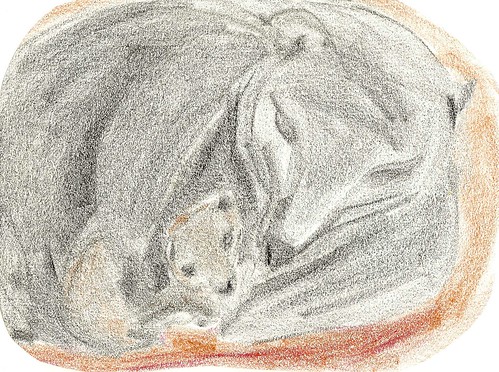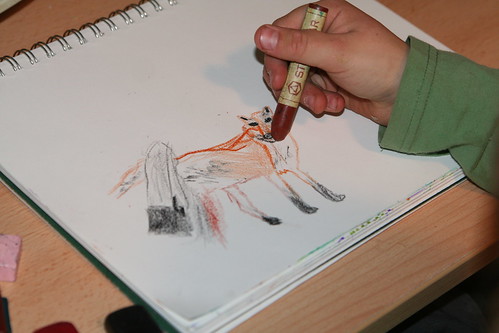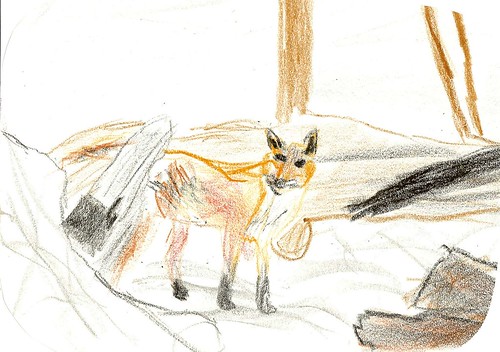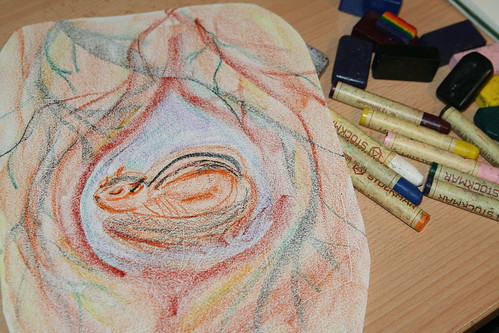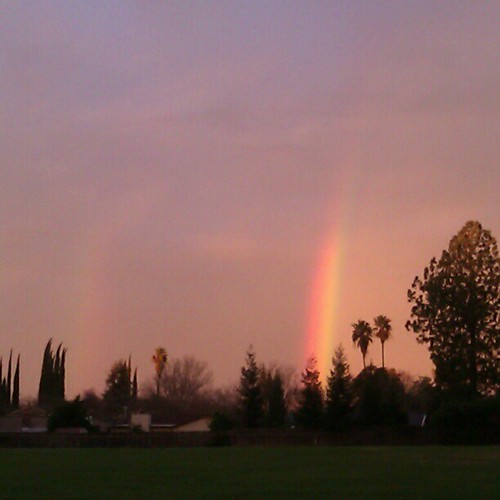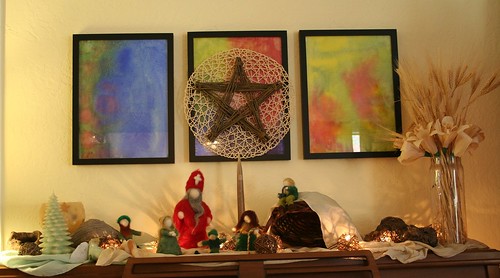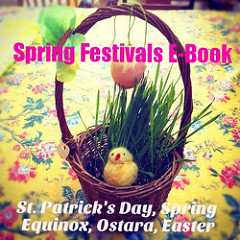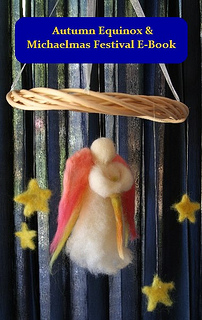
I am somehow both pan-religious and nonreligious, both Catholic and pagan. I don’t really know how all of that exists simultaneously in my heart and mind, but somehow it does. For a long time I thought that was an untenable state, and expected that sooner or later I would have to commit to being and believing one thing or another, and not all things and none all at once. But I’ve lived in this state for many years now, and truthfully it shows no sign of coming to some cataclysmic end. Somehow this all-encompassing, tolerant nonbelief system of mine works just fine.
Most of the time.
When terrible things happen, though, there’s no rulebook for me to turn to. All the various religious answers about death and dying, loss, and grief fall flat. The feel-better remarks and there-theres don’t work for me. All I know is that I have to feel my feelings all the way through them, for as long as I need to, until I release them (or until they release me—I’m not sure which it really is). I don’t know if that’s healthy or not healthy. It’s just how I am.
I found this poem by Edna St. Vincent Millay. I understand this.
I am not resigned to the shutting away of loving hearts in the hard ground.
So it is, and so it will be, for so it has been time out of mind:
Into the darkness they go, the wise and the lovely. Crowned
With lilies and laurel they go; but I am not resigned.
Lovers and thinkers, into the earth with you.
Be one with the dull, the indiscriminate dust.
A fragment of what you felt, what you knew,
A formula, a phrase remains, but the best is lost.
The answers quick and keen, the honest look, the laughter, the love,
They are gone. They are gone to feed the roses. Elegant and curled
Is the blossom. Fragrant is the blossom. I know. But I do not approve.
More precious was the light in your eyes than all the roses in the world.
Down, down into the darkness of the grave
Gently they go, the beautiful, the tender, the kind;
Quietly they go, the intelligent, the witty, the brave.
I know. But I do not approve. And I am not resigned.
—Edna St. Vincent Millay
We all have to navigate life’s injustices and sorrows in our own way. There is no script that fits all actors in this play. We have our rites and rituals, our traditions of marking difficult passages. They are useful and good for many. But they are not perfect. And no funeral or day of mourning or flag at half-mast brings an end to the grief. Grieving continues and passes through many stages. We are not resigned.
A long time ago I worked at a funeral home. I spent my workdays with grieving people and people whose job was to help grieving people. A co-worker, Barbara, who had lost her husband many years before, once said to me something I’ll never forget. “After the funeral, all the people go home. The funeral was closure for them. But the grieving goes on for the loved ones, the spouse, the parent. For them, the grief stays.”
Just as our happy moments, our loves, and our triumphs build together and become part of who we are, so do our sorrows knit themselves into our bones.
So how do we cope and what is normal? All of it. Normal is preparing for Christmas with tears falling down one’s cheeks. Normal is gathering with friends and loved ones, smiling and laughing even with a broken heart. Normal is putting one weary foot in front of the other, making breakfast, enforcing room-cleaning, and cuddling precious children to sleep even while you hear the imaginary wolves scratching at the door. All of this depth of feeling and contradiction can exist simultaneously, too. Life is mucky and confusing. It is never as neat as a greeting card.
We say our prayers—or not. We light our candles and weep and gather together. We look to our heroes, spiritual leaders, and poets. We make sandwiches and feed chickens and watch movies for relief. Our hearts break, and we gradually put them back together—with wise compassion and great waves of Love.
We are changed. And that is normal.




















